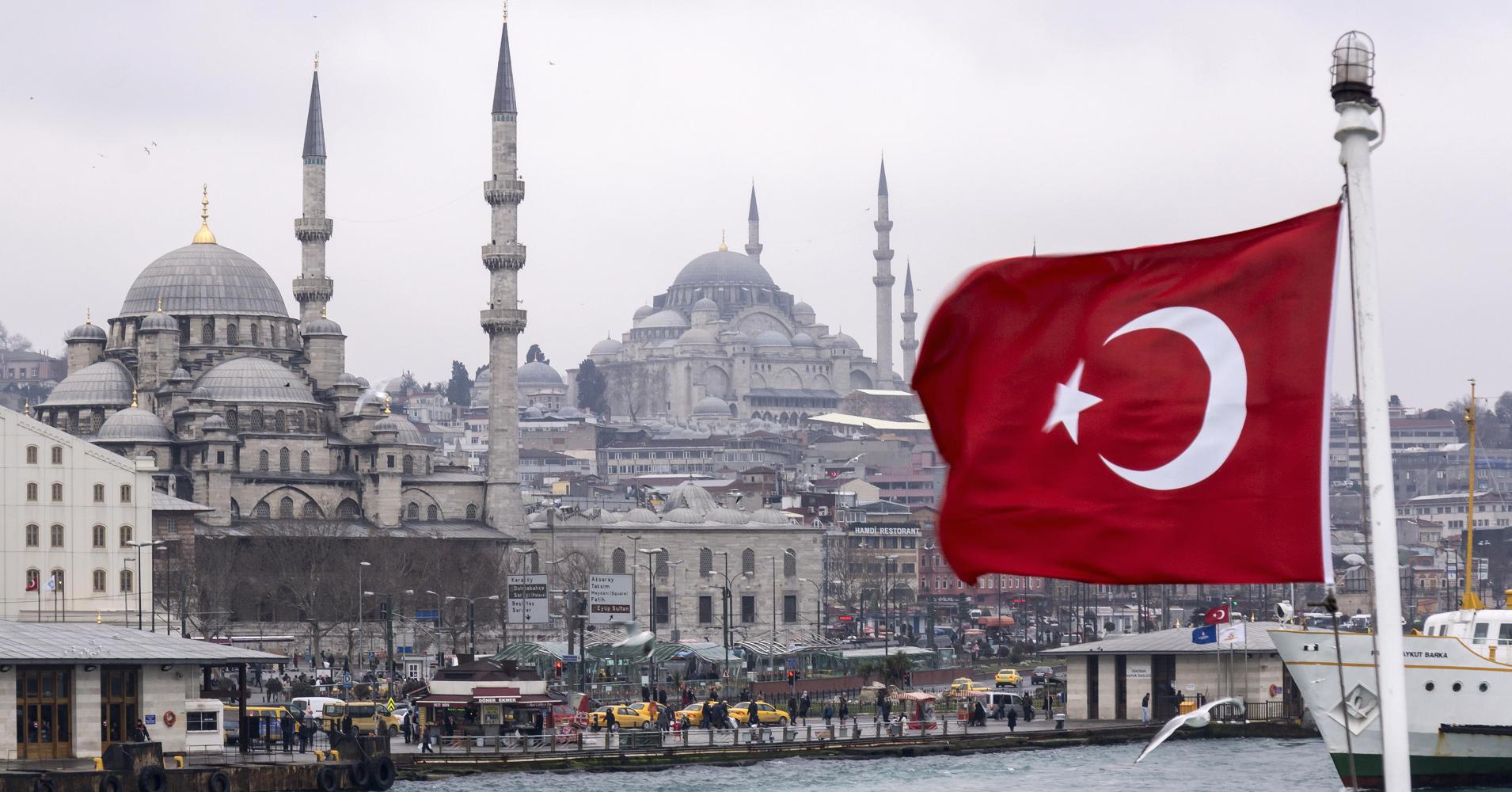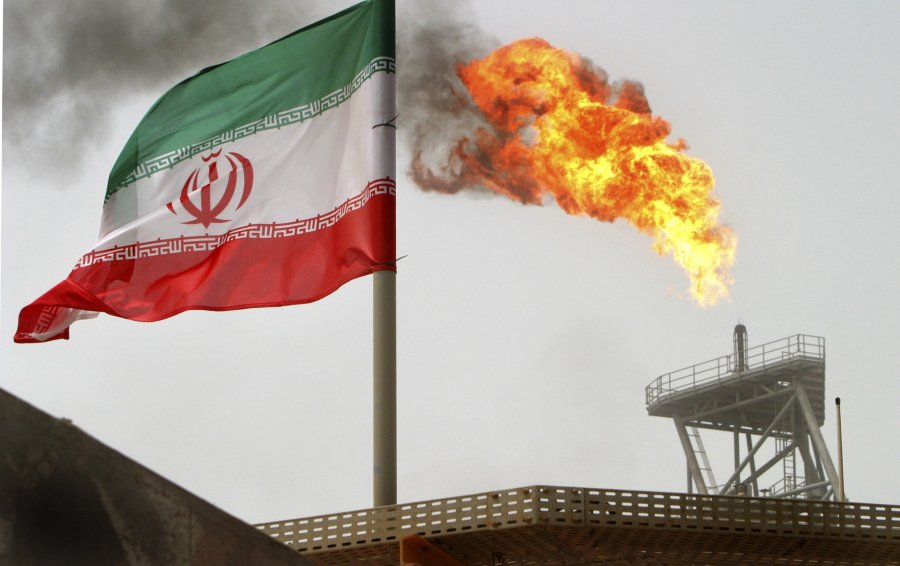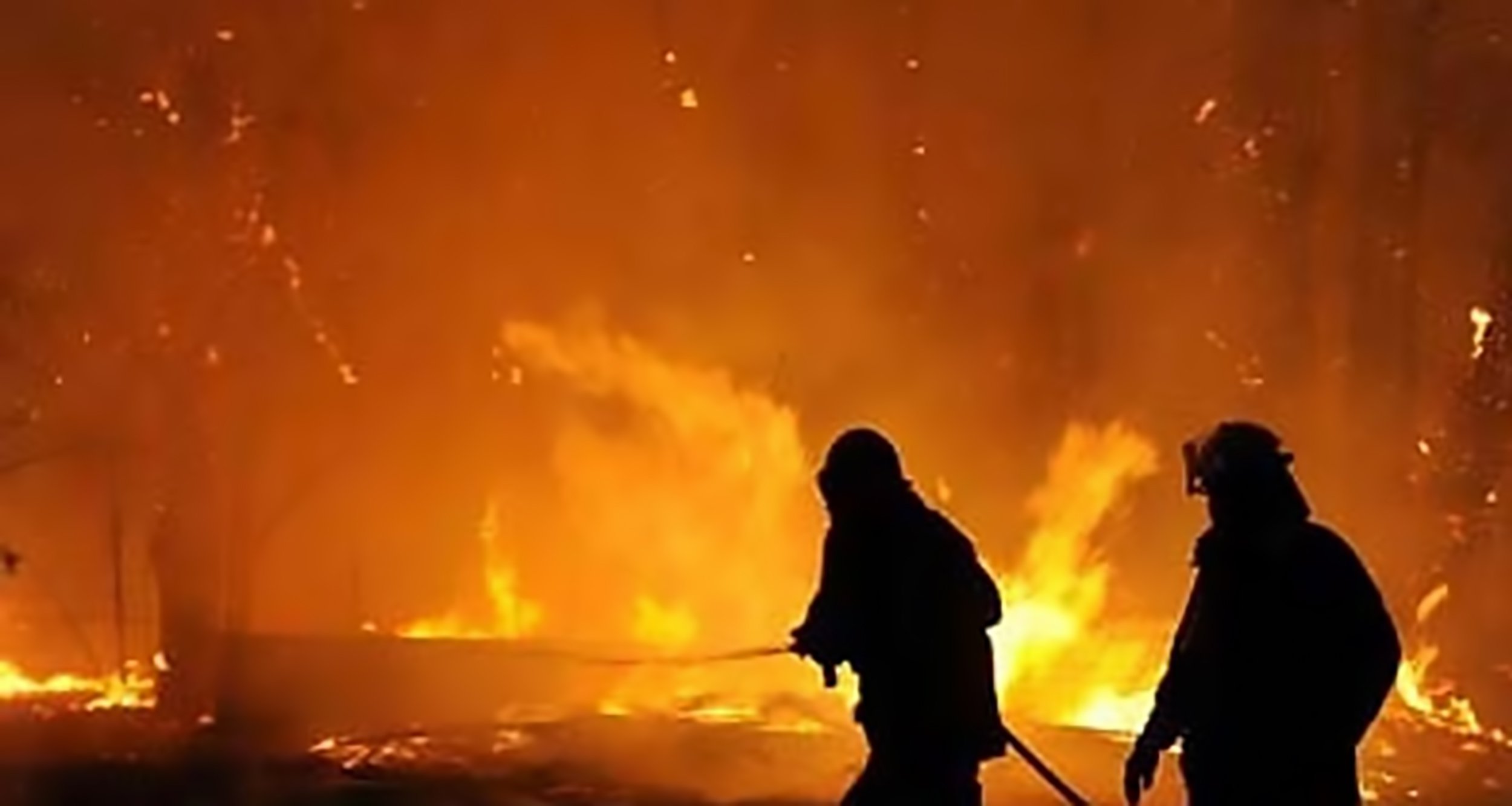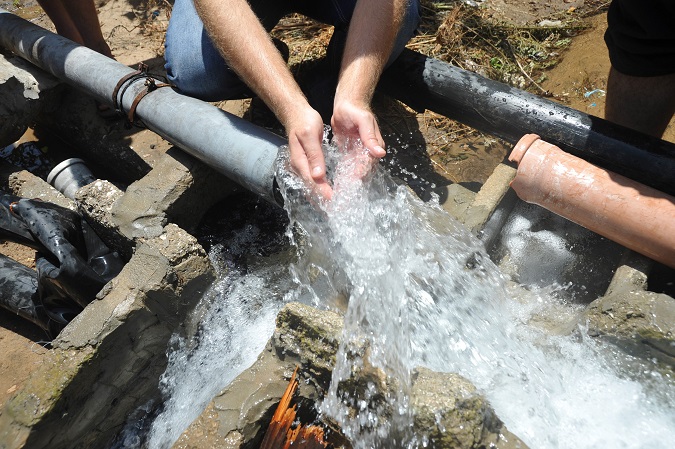Both Avrinsh and Kayhan handled unemployment and economic recession, stressing that they are prominent points of weakness in the government of Hassan Rouhani. Kayhan also questioned the economic management of Rouhani, and Arman Emrouz discussed Javad Zarif’s visit to Ankara for the first time after the failed military coup in Turkey.
In the news, newspapers highlighted Foreign Minister Javad Zarif’s visit to Ankara, and Revolutionary Guards targeted sites in Kurdistan region of Iraq with heavy artillery and ammunition loaded with phosphorus. In another matter, the reveal of the main reason of the close down of factories, and 50 hectares of Minab city trees burned. In addition to that, 60% of internet consumption is on Telegram, and the country is suffering a water crisis.
![]()
“Unemployment and ineffective systems of employment,” Avrinsh Newspaper today discusses the growing rate of unemployment in Iran. The editorial says that Iran is facing three types of unemployment: youth, middle-aged and educated unemployment. The editorial adds that the most prominent causes of unemployment in Iran are restrictions on the private sector that cannot get involved in all economic activities, which are limited to revolutionary organizations, the government, and Revolutionary guards companies. In addition to that, work permits, business registration, and licensing process are all issued by security and intelligence agencies regardless of the volume of business. The editorial confirms that economic matters must be handled by economic organizations but not sovereignty ones. The editorial sees that the solution for unemployment starts with developing the private sector, but as long as operating the smaller production units passes through the seven obstacles of bureaucracy and extortion, there won’t be any kind of economic growth in Iran, which will lead to a worsening economic situation and increased the unemployment rate.
“The reason and the importance of Zarif’s visit to Turkey,” Armand Newspaper explains the reasons for the Iranian Foreign Minister Javad Zarif’s visit to Turkey. The editorial says that due to the strong economic relations between Iran and Turkey, it was necessary to clarify the Iranian position toward the latest events in Turkey, particularly the failed military coup. The editorial links between the improvement of Russian-Turkish relations and Zarif’s visit, and sees that it will positively affect both the Iranian-Turkish and Iranian-Russian relations. The editorial also says that the Syrian crisis will undoubtedly be discussed on the agenda of the visit. From an Iranian perspective, Turkey, through cooperation with Iran, seeks restoration of security and stability in Syria and Iraq since they are two major markets for Turkish products. Turkey has recently suffered big losses, and terrorist attacks that hit the country, in addition to the deterioration of tourism; Turkey’s largest economic sector. Iran expects Turkey to change its stand toward the Syrian crisis because of the economic motivations and indicators of Turkey’s rift with the United States and Western countries after the failed coup attempt.
“Which is the most important the cursing or the productive?” Kayhan Newspaper ridicules Hassan Rouhani assistant’s statement about the claim against Rouhani’s offenders belonging to conservatives. The editorial says that to whom is Jahangeri going to complain? To the judicial authorities and productive that went bankrupt because of Rouhani’s wrong economic policies? The editorial says that in every speech Rouhani stresses the importance of economic dimensions, especially in constructions, which includes more than 180 industries and trade sectors. Isaac Jahangiry, the assistant of Hassan Rouhani, stated that if we seek economic prosperity and productivity growth, we must revive the constructions sector. This statement could be the only outcome of Rouhani over three years of thinking. In addition to that, what Rafsanjani has said is a clear evidence of Rouhani’s economic mismanagement, when he said that only 20% of the available cash flow for building and constructions sector can recover Iran’s economy from recession and achieve economic growth. The editorial says that dozens of large ceramics and porcelain factories are either closed or operating at their half capacity in addition to the tens of millions of meters stored and covered with dust. According to a minister at Rouhani’s Government, Constructions is a very lavish sector that led to increasing unemployment rates. The Iranian Minister of Labor announced in July 2015 that the number of unemployed in Iran is growing one person per five minutes. Former Minister of Roads at Khatami’s government, Ahmad Khorram, confirmed this information when he said that the halt of Mehr Housing project resulted in increasing unemployment. The editorial also says that what Rouhani’s government claims about growth rate that has improved from minus 6% to positive 3% is untrue. The evidence is that there are about 800,000 housing units that have reached a midway stage of completion but have been halt by Rouhani’s government due to lack of funds. In fact, the editorial reflects the size of political rivalry in Iran nowadays and manipulating public interests in favor of defeating a political opponent.
![]()
♦ Iran’s security is Turkey’s security

Turkish Foreign Minister, Mawloud Chaoosh Oghlu said in the press conference with his Iranian counterpart, Mohammad Javad Zarif that both sides must resolve all security issues between the two countries. He also stressed on the need to cooperate in the confrontation against terrorist groups such as ISIS and others. Economically, Oghlu stressed that his country wants to enhance economic cooperation with Iran, including the purchase of gas more than with any other country.
Oghlu praised his Iranian counterpart, saying, I thank my brother Zarif for visiting Turkey, and also praised his standing and support to the Turkish government after the failed military coup.
Source: Ilina Agency.
♦ Iran’s oil production rises 12 thousand barrels

The Organization of Petroleum Exporting Countries “OPEC” announced in its monthly report, that Iran’s production amounted to 3.629 million barrels per day in July 2016, achieving an increase of 12 thousand barrels compared to last month. On the other hand, the report stated that the average price of Iran’s heavy crude is 41.59 USD in July with 3.09 USD down comparing to June that achieved 44.68 USD.
Source: Ferraro.
♦ 60% of the Internet consumption in Iran is on Telegram

Member of the Supreme Council of cyberspace, Mohammed Hassan Entizari, said that 60% of the internet use in Iran goes to Telegram, stressing on the necessity of a national sovereignty over cyberspace, and the awareness of the percentage of the use of this program.
Source: Farda Radio.
♦ Fire destroys 50 hectares of trees in Minab city

Assistant of planning and construction in Minab, Reza Shahydian, stated that fire broke out near Bandarzerk city, which is known for its long trees. The estimated losses amount to more than 10 billion Iranian Riyal, and a thousand and 200 trees.
Source: Arman Emrouz.
♦ Iran is facing shortage of water resources

CEO of water and sanitation, Hamid Janbaz said that Iran is suffering the lack of good-quality water resources. In his statement about the possibility of the existence of a water crisis in Iran, he said that the larger amounts of water go to the agricultural field, while only 6% goes for drinking water. Janbaz explained that water pollution in many cities results from carrying out some water pipes projects.
Source: Abrar Eghtesadi Newspaper
8,000 industrial units closed down during Ahmadinejad’s era
Member of the Committee of National Security and Foreign Policy in the Iranian parliament, Ardeshir Norian, stated that 8000 industrial units were closed down during the reign of Ahmadinejad, which resulted in increasing numbers of unemployment. Ardeshir stated that 450 units were in Chaharmahal and Bakhtiari Provinces.
Source: Abrar Eghtesadi Newspaper.
♦ Iran’s Revolutionary Guards targeting bordering highlands in Kurdistan with heavy artillery

Some Kurdish news reported that the Iranian Revolutionary Guards targeted Kurdish bordering highlands with heavy artillery. “Kurdistan Media” site stated that the artillery of the Revolutionary Guards targeted Barzin and Sighahr heights as confirmed by Roudao channel. On the other hand, Rustam Jahangiri, the military official in Kurdistan Democratic Party, said that the Revolutionary Guards had used munitions loaded with phosphorus to contaminate these areas.
Source: Zamaneh Radio Site.
